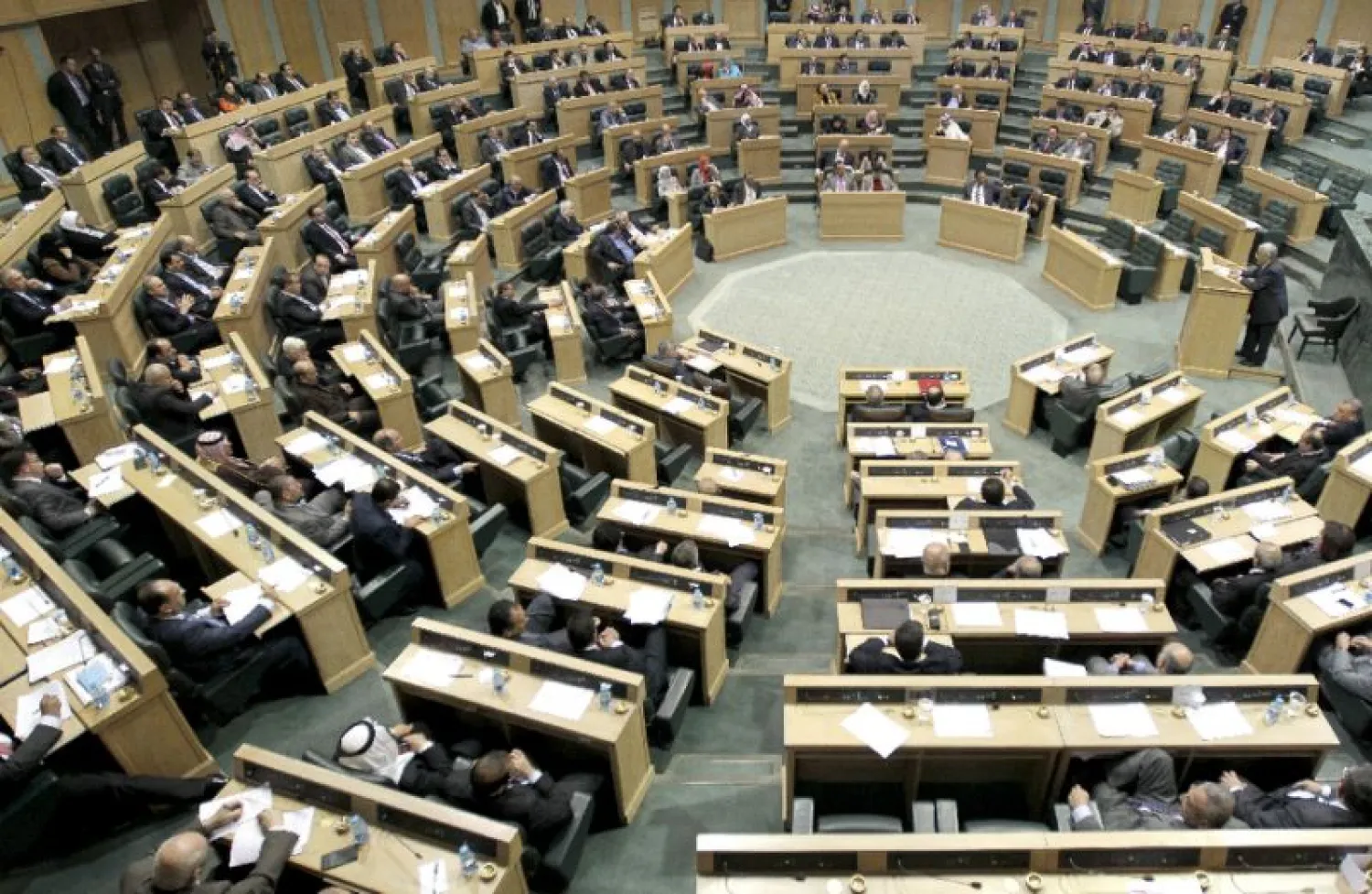Despite being in a chaotic region, Jordan's economy is sound and fit to grow and was capable to develop a tolerance to surrounding repercussions, asserted Finance Minister Izzeddin Kanakrieh.
Kanakrieh delivered a speech Tuesday on the 2019 general budget and the budgets of the government units. He indicated that Jordan adapted to the situations and succeeded in maintaining a limited effect of the negative impacts that recently struck the country.
He referred to Standard & Poor's credit rating for Jordan which affirmed it at (B+) with a "stable" outlook due to a number of domestic and regional factors.
According to the Ministry of Finance, the national debt amounted to $39 billion at the end of July, equivalent to 96.4 percent of GDP, compared to $38 billion dollars, or 95.9 percent of GDP in 2017.
The Minister added that the government would "reach a stage where it would cover its current expenditures, including salaries, through its domestic revenues." He explained that the government seeks to borrow for capital projects only.
Kanakrieh cited various domestic and foreign conditions and developments and their social ramifications that prompted the government to draw up an action program for the next two years within the framework of national rejuvenation project. The government set priorities that have direct impact on citizens welfare before implementing them with the available funding.
He pointed out that the preparation of the draft laws of the budget and budget of governmental units for fiscal year 2019 came in line with the principles of the fiscal policy aimed at improving economic growth.
“Jordan’s economy suffered from a growth slowdown due to developments in the region in recent years, which had negative repercussions on the national economy,” he indicated, adding that based on preliminary data, the real economic growth this year will reach about 2 percent which will rise to 2.3 percent in 2019.
He said that one of the main obstacles that restrict economic and financial policies and affect their effectiveness in promoting the development process is the continued rise in public debt levels.
The deficit in the 2018 budget is expected to amount to 2.7 percent of GDP by year end, compared with 2.6 percent in 2017, noted the Minister.
He also stressed that the general draft budget for 2019 came in line with the requirements of the current phase through prioritizing expenditure and monitoring the financial allocations for projects of national priority.
Kanakrieh pointed out that the government has prepared financial estimates for the general budget and the inclusion of national priorities within projects and programs carried out by ministries and institutions.









